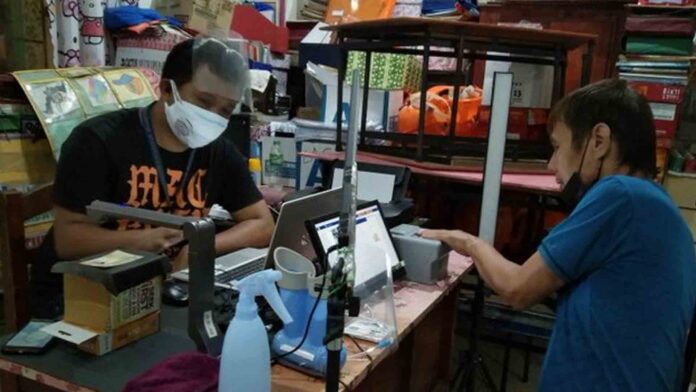The Philippine Identification System (PhilSys) will allow for faster and more accessible services and accelerate the country’s goal toward a digital economy.
Identity verification will also be simpler with the authentication services that the PhilSys will provide and which its partners can utilize, National Statistician and Philippine Statistics Authority (PSA) Undersecretary Dennis Mapa said during a digital government orientation webinar on Friday.
The Philippine Identification (PhilID) card or the national ID is designed for online and offline authentication.
“To verify the authenticity of the PhilID, relying parties of PhilSys may perform physical inspections based on the physical security features of the ID,” he said.
A relying party is an electronic server that provides access to a secure software application.
More than 32 million Filipinos have completed the Step 2 biometrics registration as of Sept. 24, Mapa said.
The PSA is also targeting to roll out a quick response (QR) code verification system that will enable users and clients to verify data encoded in the PhilID.
Also in the planning stage is the mobile ID, which will be equally valid like the physical PhilID card.
“The PhilSys is a transformative program for the Philippines to shift from paper-based and manual transactions to an inclusive digital economy using digital IDs,” he said.
Mapa said the government is investing all efforts to ensure that PhilSys will work as a “world-class digital identity system”.
Step 1 (demographic registration) of PhilSys can be accessed via https://register.philsys.gov.ph.
Applicants will then wait for the Step 2 schedule of demographic verification and biometric capture.
PhilID cards will be delivered door-to-door by the PSA’s official courier partner, Philippine Postal Corporation, which has already dispatched 1.9 million nationwide and is ready to send more than five million more.
Signed into law by President Rodrigo Duterte in August 2018, Republic Act 11055, or the Philippine Identification System Act, aims to establish a single national ID for all Filipinos and resident aliens.
The national ID shall be a valid proof of identity that shall be a means of simplifying public and private transactions, enrolment in schools, and the opening of bank accounts.
It will also boost efficiency, especially in dealing with government services where people will only need to present the PhilID during transactions. (PNA)






